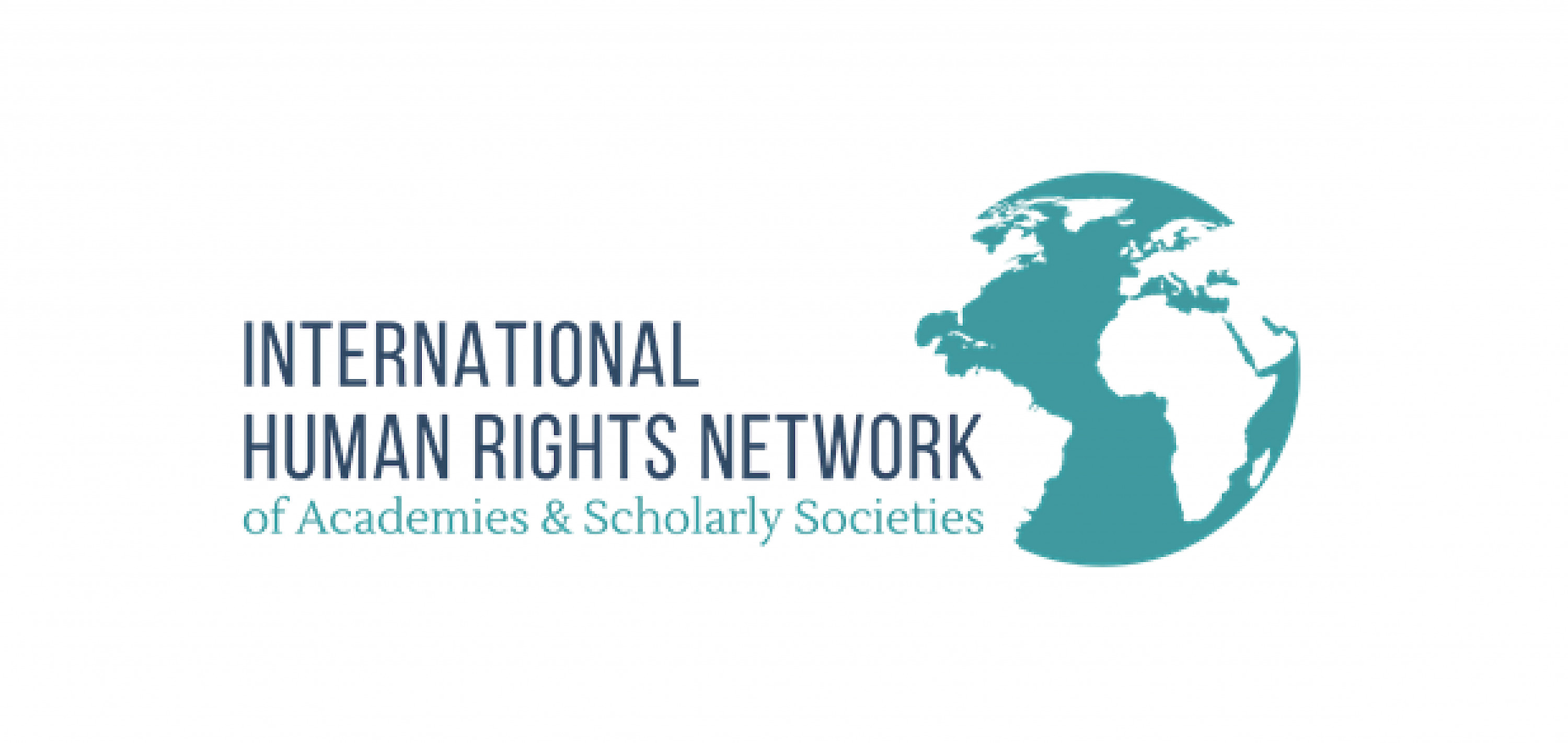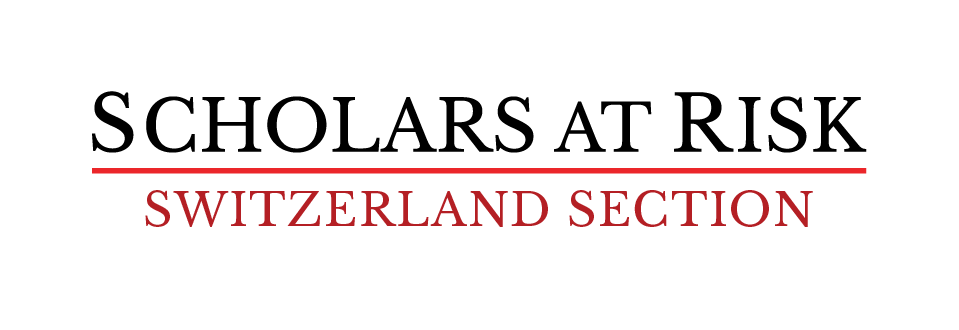Networking science.
Human rights in science
A multi-layered relationship
The academies’ engagement at the interface between human rights and science was the topic of a panel discussion in June 2020 with the Delegate for Human Rights, Martina Caroni, her research assistant Monika Plozza, and Roger Pfister, Head of International Cooperation at the Swiss Academies and Chair of the Swiss Section of Scholars at Risk. Individual areas of activity are introduced further below.
Protecting human rights of researchers
The Academies take measures in favour of researchers who are arbitrarily imprisoned as a result of their scientific activities, or whose human rights are violated. Appropriate activities are undertaken in cooperation with national and international actors such as the International Human Rights Network of Academies and Scholarly Societies. In this frame, the Academies support the Swiss Section of Scholars at Risk. This global network with over 650 member organisations, foremost universities, organises guest places for persecuted researchers. Radio SRF reported on this commitment in February 2022.
Safeguarding academic freedom
Academic freedom stands for free scientific activity and unhindered exchange of scientific ideas. Despite being guaranteed in many national and international legal documents, academic freedom is increasingly encroached upon at various levels. Seriously concerned about this trend, the Academies organised an international conference in 2017 to address the consequences at the individual and institutional levels and possible countermeasures. Programme, presentations (David Bohmert, Ayse Dayi, Terence Karran, Leiv K. Sydnes, Fred Zaumseil), media coverage (Radio SRF2 (in German), research magazine «Horizons»).
Right to scientific knowledge
Researchers have the right to human rights – but people also have a right to scientific knowledge and its applications. In 2015, the Academies held an international conference on this «human right to science» by using the example of seed research and policy. Programme, Keynote (Farida Shaheed, UN Special Rapporteur in the Field of Cultural Rights), abstracts of presentations, media coverage (Radio SRF2 (in German), Swiss research magazine «Horizons»). Further information: presentation «The right to science» by Martina Caroni (Delegate for Human Rights, 2017-24), University of Zurich, 23.10.2018 (PDF); «Human Rights and Science», special edition «European Journal of Human Rights» (4/2015), edited by Samantha Besson, Delegate for Human Rights, 2013-16).
Responsibility in international research
Internationally active researchers can encounter difficult ethical or legal questions – for example, when working in countries with corrupt political structures, when collaborating on projects financed from dubious resources, or when working with researchers in countries subject to international sanctions. A workshop held by the Academies in 2016 highlighted the responsibility of researchers in such or similar contexts by means of concrete case studies. Programme, presentations (Jean-Luc Barras, Barbara Becker, Véronique Planchamp, Jakob Zinsstag, Heinzpeter Znoj), media coverage (Radio SRF2, in German).
Dr. Roger Pfister
Head International Cooperation
Swiss Academies of Arts and Sciences
House of Academies
Laupenstrasse 7
P.O. Box
3001 Bern
Switzerland

